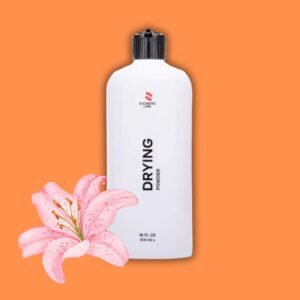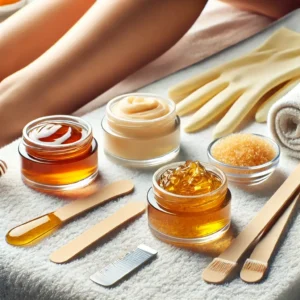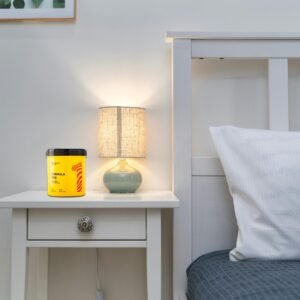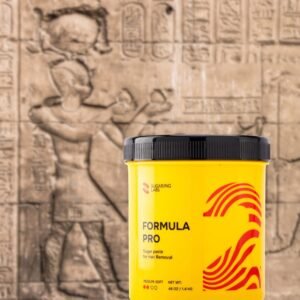Sugar and Water for Sugaring: The Importance of Quality Ingredients in Sugaring Paste Production
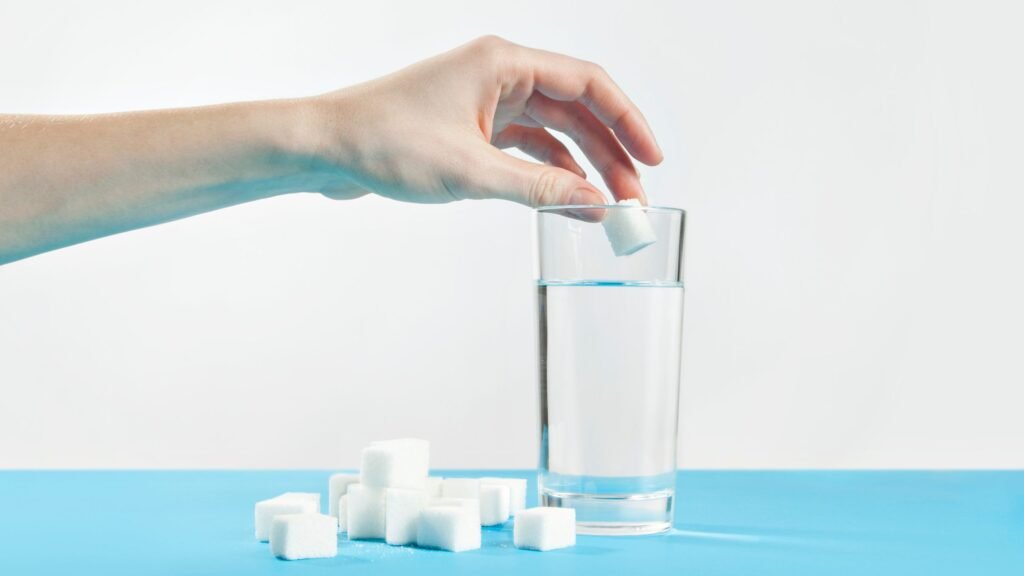
When it comes to crafting the perfect sugaring paste, the quality of the ingredients plays a crucial role. In this article, we will delve into the significance of using purified water and high-quality sugar in the production of sugaring paste.
Table of Contents
- Purified Water: The Foundation of Quality
- The Role of Sugar: A Sweet Science
- Commitment to Excellence
- Frequently Asked Questions
- Why is purified water important in sugaring paste production?
- What are the risks of using unpurified water in sugaring paste?
- How does sugar quality affect the performance of sugaring paste?
- What’s the difference between using organic and refined sugar in sugaring paste?
- How does Sugaring Labs ensure the quality of its sugaring paste?
Purified Water: The Foundation of Quality
One of the key elements in producing a quality sugar paste is the use of purified water. While it may seem that boiling water kills microorganisms, the benefits of using purified water go far beyond that.
No contaminants
In the initial mixing stages of our sugaring paste, it is critical that the water is free of contaminants. Unpurified water often contains contaminants such as chlorine, heavy metals and various disinfectants that can alter both the consistency and safety of the final product. These substances can disrupt the delicate balance of ingredients, potentially leading to undesirable results. By choosing purified water, we ensure that each batch of our sugar paste meets the highest quality standards.
Avoiding Residues
Another critical factor to consider is the presence of debris in unpurified water. Water from the tap can contain small particles from the pipes, including black specks or white flakes. These unwanted residues not only affect the appearance of the final product, but can also pose health risks. Using purified water ensures that our sugar paste is free of unwanted particles, resulting in a cleaner and safer application for users.
Ensuring purity and safety
Ultimately, the choice of purified water serves as the foundation for the purity and safety of our sugar paste. By eliminating the risks associated with contaminants and residues, we create a product that is both reliable and effective. This commitment to quality begins at the very beginning of the manufacturing process and sets the stage for the final product.
The Role of Sugar: A Sweet Science
While water is critical, the sugar we use in our sugar paste is equally important. You may be surprised at how much the type and quality of sugar can affect the overall performance of the paste.
Organic vs. refined sugar
When we incorporate organic sugar into our formulations, the results can be amazing. Organic sugar provides a rich, caramel-colored paste with a unique flavor and texture. However, it requires extra care during production because this less-refined sugar contains molasses that must be filtered out. The process may be more involved, but the end result is a paste with exceptional working properties.
In contrast, our classic formula uses high-purity white cane sugar for sugaring. Even though this sugar is already well refined, we don’t take any chances. Our commitment to quality means we make sure the sugar is free of impurities. We even use extra filtration in our equipment to catch any particles that might slip through the cracks.
The impact of sugar quality on performance
Sugar quality also directly affects the chemical processes that occur during production. Specifically, the breakdown of sucrose into fructose and glucose is critical to creating an effective sugar paste. A higher quality sugar for sugaring promotes more efficient breakdown, resulting in a paste that adheres better to hair and skin.
Consistency matters
Quality matters across the board, affecting everything from the consistency of the paste to its performance on the skin. A well-crafted sugar paste, made with quality sugar and purified water, can make a significant difference in the user experience. This commitment to excellence means smoother application and better results, which is ultimately what every client wants.
See for yourself the composition of our Sugaring Paste:
Commitment to Excellence
In the world of sugaring paste production, the importance of using purified water and high quality sugar cannot be overstated. By selecting sugar for sugaring and ensuring that each ingredient meets our rigorous standards, we provide a product that is not only effective, but also safe for users. Sugaring Labs commitment to excellence drives to continually refine our processes, ensuring that each batch of sugaring paste is pure, high quality, and ready to deliver the best possible results. Whether you’re a professional or a DIY enthusiast, knowing the quality behind your sugaring paste makes all the difference.
Frequently Asked Questions
Why is purified water important in sugaring paste production?
Purified water is essential because it eliminates contaminants such as chlorine, heavy metals, and debris that can alter the consistency, safety, and effectiveness of the sugaring paste.
What are the risks of using unpurified water in sugaring paste?
Unpurified water may contain harmful substances and particles, such as black specks or white flakes from pipes, which can negatively impact the paste’s quality, appearance, and safety.
How does sugar quality affect the performance of sugaring paste?
The quality of sugar influences the breakdown of sucrose into fructose and glucose, which is crucial for making an effective paste. High-quality sugar ensures better adhesion to hair and skin.
What’s the difference between using organic and refined sugar in sugaring paste?
Organic sugar provides a richer, caramel-colored paste but requires additional filtering due to molasses content. Refined white cane sugar, on the other hand, is already well-filtered and produces a smoother, more consistent paste.
How does Sugaring Labs ensure the quality of its sugaring paste?
Sugaring Labs uses purified water and high-quality sugar, employing extra filtration and stringent processes to ensure each batch of paste is pure, effective, and safe for use.




